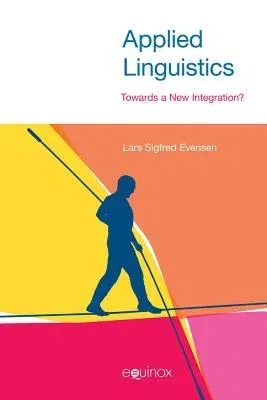Lars Sigfred Evensen
(Author)Applied Linguistics: Towards a New Integration?Hardcover, 1 March 2013

Qty
1
Turbo
Ships in 2 - 3 days
In Stock
Free Delivery
Cash on Delivery
15 Days
Free Returns
Secure Checkout

Part of Series
Studies in Applied Linguistics
Part of Series
Studies in Applied Linguistics (Equinox)
Print Length
192 pages
Language
English
Publisher
Equinox Publishing (UK)
Date Published
1 Mar 2013
ISBN-10
1845536231
ISBN-13
9781845536237
Description
Product Details
Author:
Book Format:
Hardcover
Country of Origin:
GB
Date Published:
1 March 2013
Dimensions:
23.37 x
16.26 x
2.03 cm
ISBN-10:
1845536231
ISBN-13:
9781845536237
Language:
English
Location:
Sheffield
Pages:
192
Publisher:
Weight:
498.95 gm